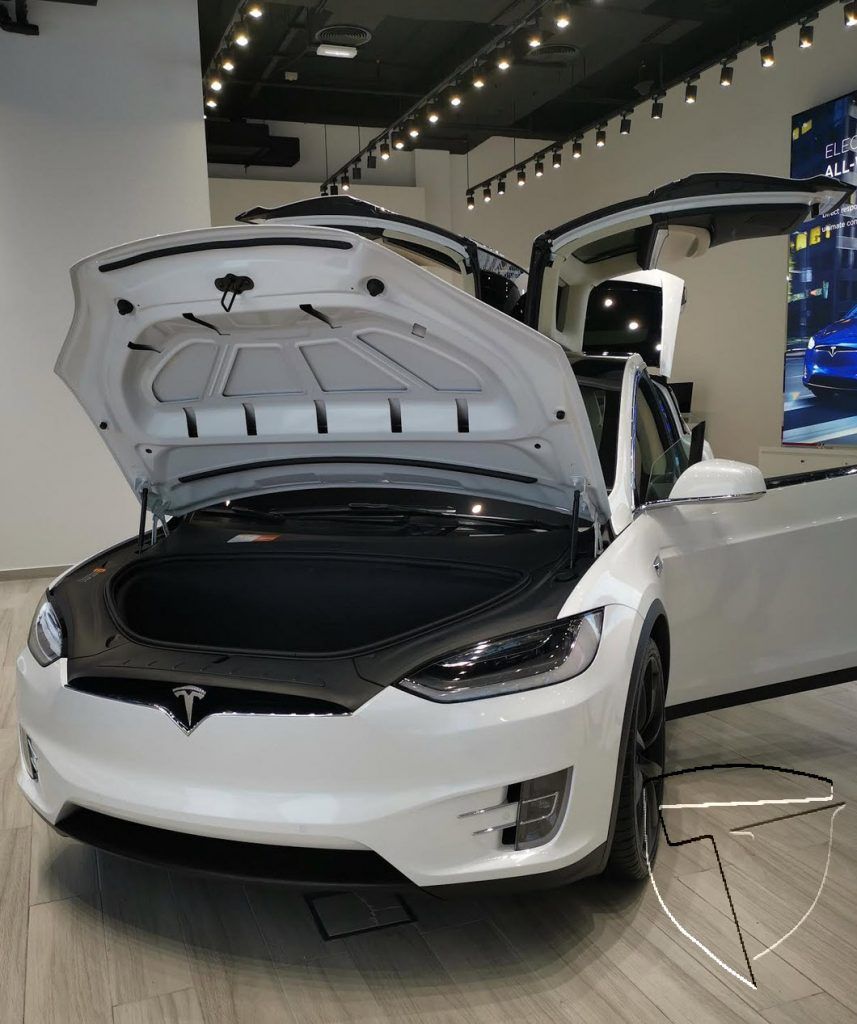The automotive industry is undergoing a seismic shift towards electric vehicles (EVs), and Uganda is not immune to this global trend. With the government’s ambitious plan to establish 3,500 public charging stations and 10,000 fast chargers by 2040, the country is clearly preparing for a significant increase in electric vehicle adoption. For car mechanics in Uganda, this presents both a challenge and an opportunity.
ALSO READ: First public Electric Vehicle Charging Stations installed in Kampala
While the transition to EV promises a cleaner and more sustainable future for transportation, it also means a significant change for the automotive repair industry. Traditional mechanics, accustomed to working on internal combustion engines, will need to adapt to the new technologies and skills required to service and repair electric vehicles.
The Rise of Electric Vehicles in Uganda
The Ugandan government’s National e-Mobility Strategy outlines a comprehensive plan to promote electric mobility in the country. This includes not only the expansion of charging infrastructure but also policies to incentivize EV adoption and support local manufacturing. As a result, the number of electric vehicles on Ugandan roads is expected to rise significantly in the coming years.
The Uganda Revenue Authority reports that over 1,694 EVs have already been imported into the country, with a growing number being fully electric. This trend is expected to accelerate as the government aims to reduce transport-based emissions by more than 25% by 2040.
The Need for Skilled EV Mechanics
With the increasing prevalence of electric vehicles, the demand for skilled EV mechanics will inevitably rise. Traditional mechanics who fail to adapt to this changing landscape risk being left behind. As electric vehicles become more complex, specialized knowledge and training will be essential to diagnose and repair them effectively.
The transition to electric vehicles also presents an opportunity for mechanics to expand their skill set and become pioneers in a new field. By investing in training and acquiring the necessary expertise, mechanics can position themselves at the forefront of the electric vehicle revolution in Uganda.
Preparing for the Future

To remain competitive and relevant in the evolving automotive industry, Ugandan mechanics are advised to take proactive steps to learn about electric vehicles. This includes understanding the unique components of EVs, such as batteries, motors, and charging systems, as well as learning the specific diagnostic and repair techniques required.
Several organizations and initiatives in Uganda are already working to support the transition to electric mobility. Mechanics can take advantage of these resources to access training and stay updated on the latest developments in the field. By embracing the electric future and acquiring the necessary skills, Ugandan mechanics can ensure their continued success in the years to come.

